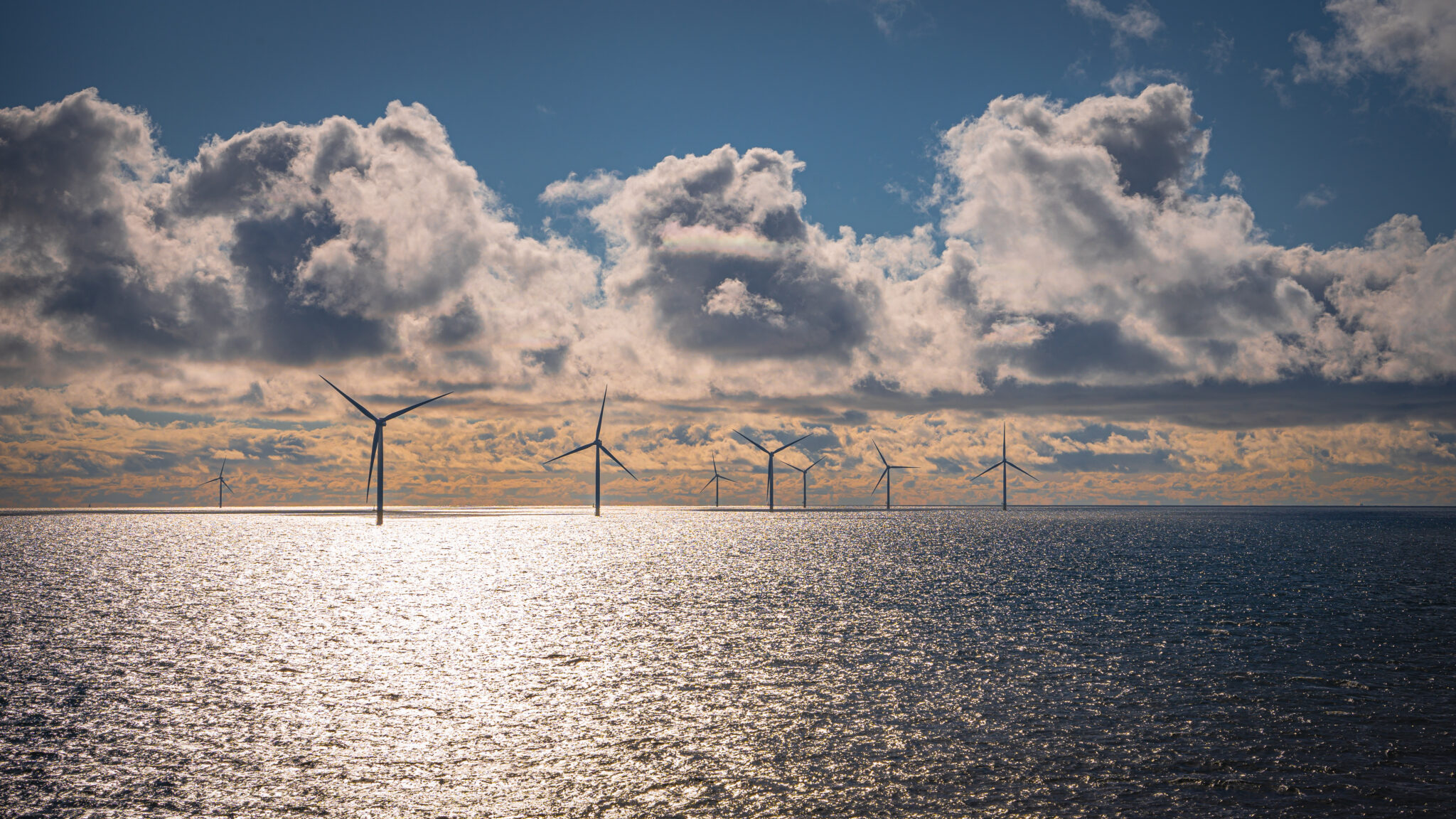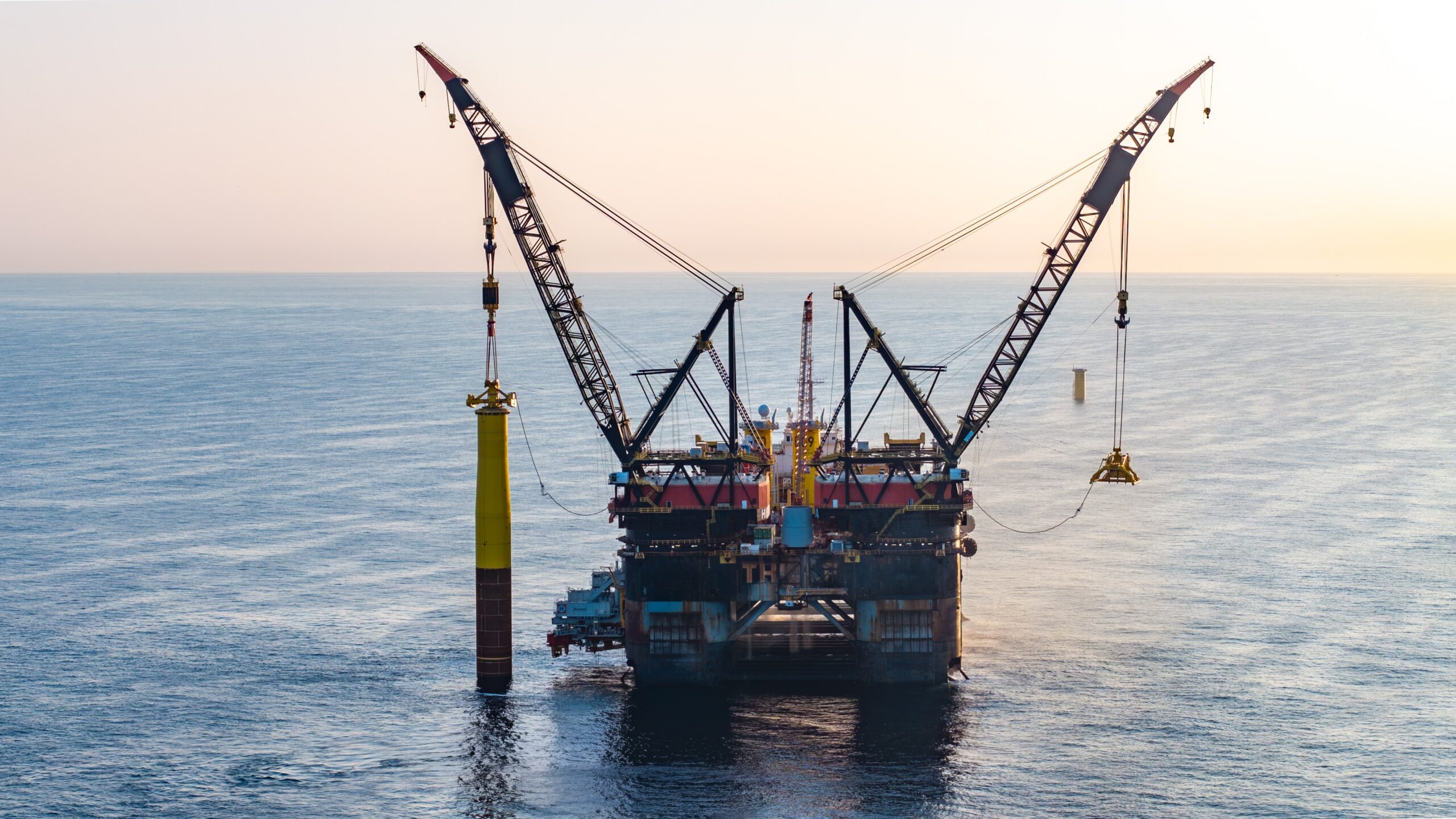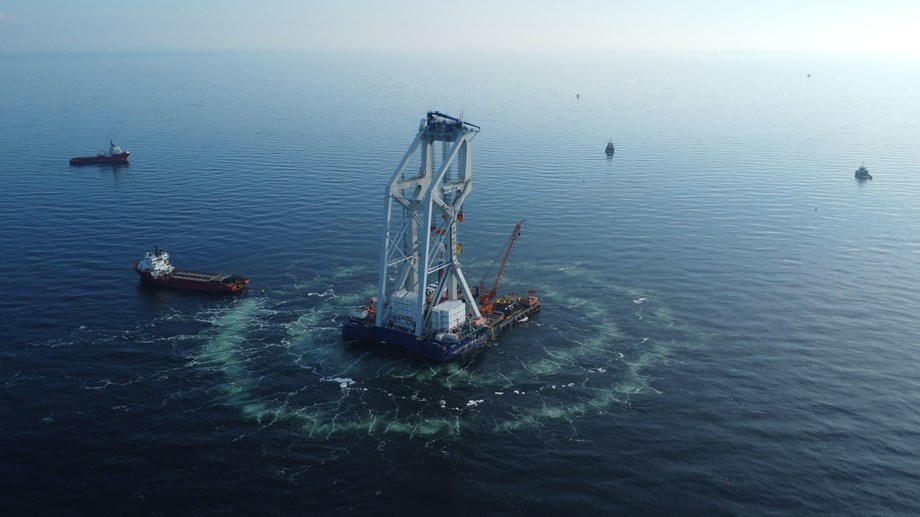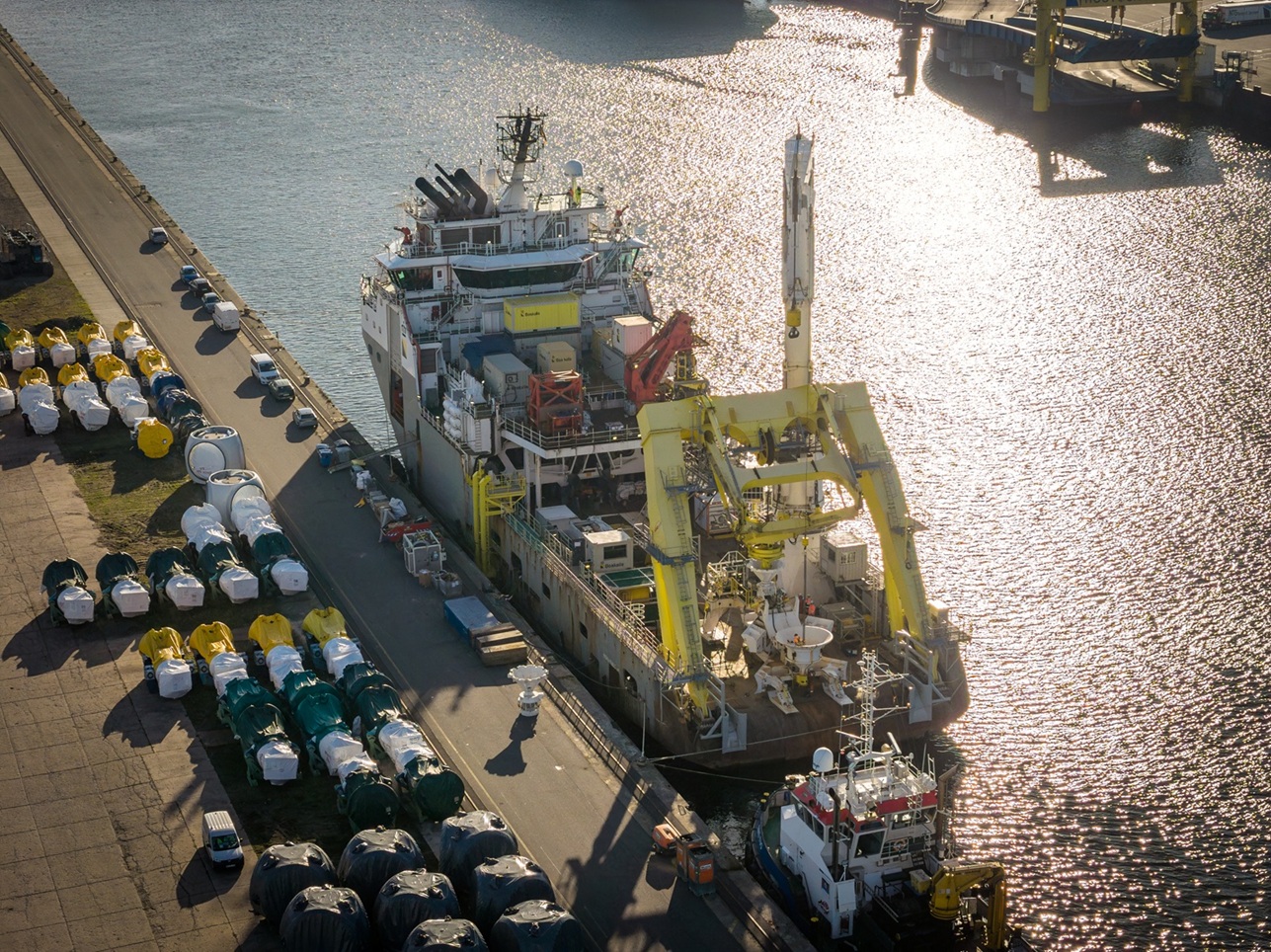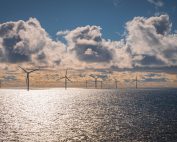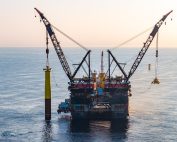In the current tense geopolitical situation in the region, the development of local electricity generation becomes even more important not only for energy independence but also for national security, Lithuania’s Energy Ministry points out. Energy Minister Dainius Kreivys says, bearing in mind the growing demand for energy, that Lithuania needs to increase its domestic electricity generation capacity as soon as possible.
According to the Lithuanian Energy Ministry’s announcement, Lithuanian businesses and residents consumed a record amount of electricity in 2022, almost 12 TWh, of which 40% was produced in Lithuania, according to data from Litgrid, Lithuania’s electricity transmission system operator.
This decreased from 2020, when locally generated electricity accounted for 46% of final electricity consumption, which is why Energy Minister Dainius Kreivys says Lithuania needs to increase its domestic electricity generation capacity as soon as possible as energy demand increases.
Kreivys points out that last year’s record electricity consumption is a sign of economic recovery from the pandemic, but Lithuania generates less than half of its electricity needs.
– Our long-standing and consistent energy policy and investments in energy security have ensured system stability and reliability, but only generating 100% of our electricity locally can ensure full energy independence, the minister stressed.
Kreivys said that the only sustainable solution is the rapid development of green energy production is creating favorable conditions for businesses and residents to invest in their own electricity generation capacity. Last year, 48% of Lithuania’s total electricity production came from renewable energy sources. In 2021, solar power plants produced 0.16 TWh, and wind power plants produced 1.36 TWh. Meanwhile, Lithuania aims to achieve 1.8 GW of onshore wind power capacity and 1 GW of solar power capacity by 2025.
It should also be recalled that Lithuania is planning to develop wind farms in the Baltic Sea waters. The first of these will have a capacity of about 700 MW and will provide about 25% of Lithuania’s annual energy demand. There are also plans for a second wind farm project, also with a capacity of 700 MW.
To ensure rapid development of green energy, a package of legislative amendments to encourage investment in renewable energy and simplify regulations to speed up development will be presented as early as the spring session of the Seimas, the Lithuanian ministry reports.



